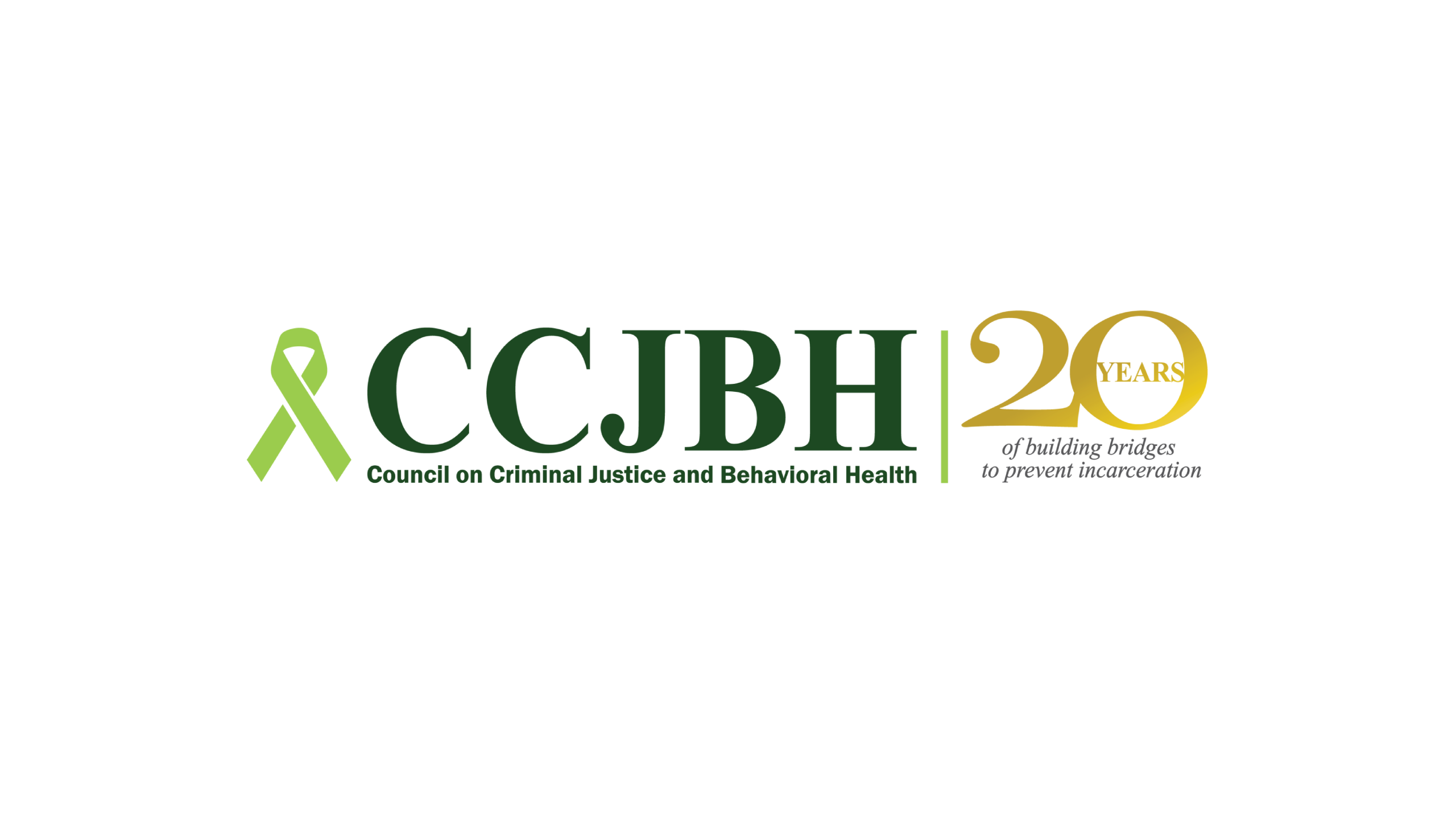The Possibility Lab and the State of California’s Council on Criminal Justice and Behavioral Health (CCJBH) announced a new partnership to foster evidence-based strategies aimed at alleviating the number of people with behavioral health needs in the criminal justice system. The partnership will develop publicly available data metrics and enhance data visualization tools to advance this goal.
“Those struggling with behavioral health challenges must be provided with the support they need to live full and healthy lives in our communities—and that requires finding ways to keep them out of the criminal justice system,” said Possibility Lab Executive Director Professor Amy E. Lerman. “We are excited to be partnering with CCJBH to identify and explore a range of data that can help us understand health equity and people’s experiences as they relate to behavioral health and the justice system. This work will better inform and ultimately help advance policy reforms that can reduce the number of people with behavioral health needs who wind up in California’s prisons and jails.”
The Lab’s empirical metrics and data visualization work will enhance the design and use of CCJBH’s Public Health Meets Public Safety Policy Framework (PH/PS Framework), which identifies key domains and data for policymakers and other stakeholders to consider as they work to eliminate disparities in the justice system and reduce justice system involvement in California for people with behavioral health needs. Through the framework, CCJBH also works to support community organizations and other state and local policymakers in their efforts to better understand community-level factors that may help to effectively address the prevalence of behavioral health needs among people in jails and prisons, reducing incarceration, recidivism rates, and other criminal justice system outcomes.
“At CCJBH, we are working on new ways to promote early intervention, access to effective treatments, successful re-entry, and the preservation of public safety,” said Brenda Grealish, Executive Officer for CCJBH. “We are thrilled to be partnering with the Possibility Lab to help the state better identify, understand, and use data in our ongoing work helping to end the criminalization of people with behavioral health issues.”
CCJBH is a 12-member council chaired by the Secretary of the California Department of Corrections and Rehabilitation (CDCR) and is comprised of the Department of State Hospitals (DSH), the Department of Health Care Services (DHCS), and appointed expert representatives from the criminal justice and behavioral health fields such as probation, court officers, and mental health care professionals. CCJBH serves as a resource to assist and advise the state on best practices to reduce the incarceration of youth and adults with mental illness and substance use disorders, with a focus on prevention, diversion, and reentry strategies.
The Possibility Lab will provide on-going support to update and maintain the PH/PS Framework and data visualizations, by broadening the measurement of priority metrics based on social determinants of health and justice system contact for individuals with behavioral health needs. The Lab will support CCJBH’s work to innovate around how behavioral health crises are understood and addressed, by engaging in collaboration with diverse stakeholders that include individuals who have personally experienced behavioral health issues, and by improving the availability and accessibility of policy-relevant data. The Lab will also work with CCJBH to identify priority policy questions and determine what data can answer those questions to advance effective policy reforms.



